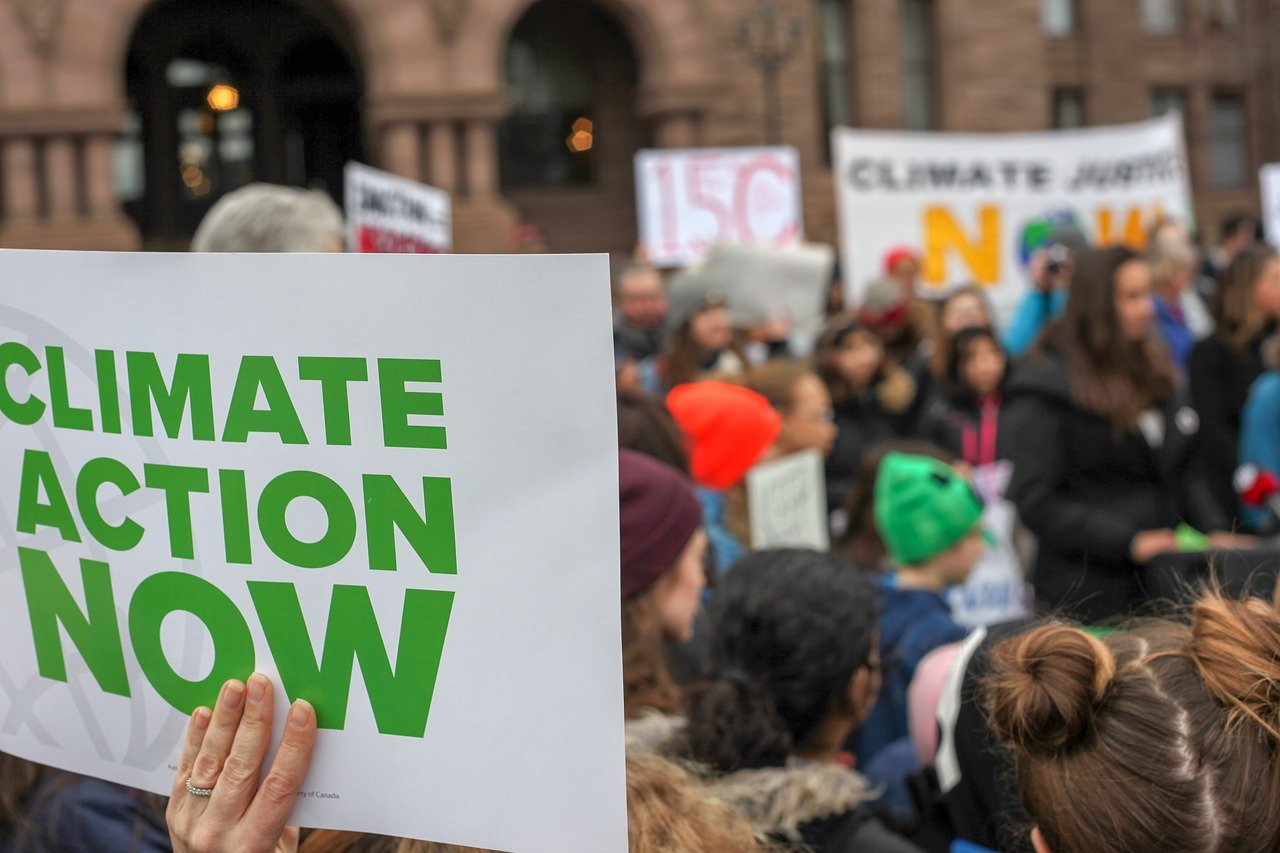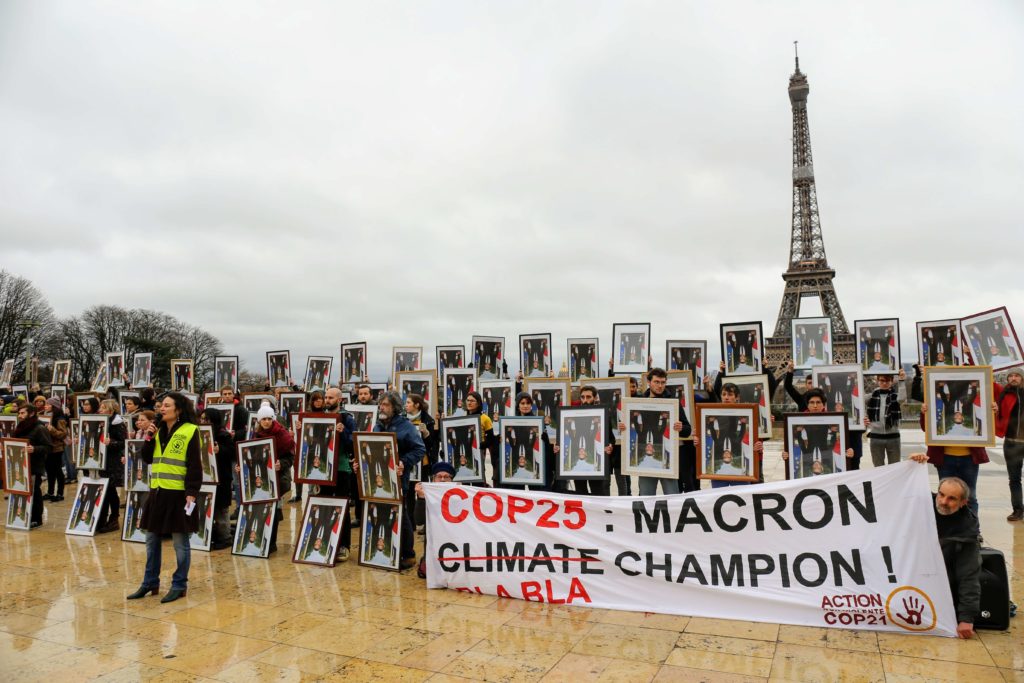Acts of civil disobedience are now a frequent occurrence in climate change demonstrations, especially those led by young people. In France, protesters remove portraits of Emmanuel Macron from town halls, block traffic and occupy the headquarters of big banks that finance fossil-fuel-related activities.
However welcome these demonstrations may be, do they not reflect a worrisome distrust of traditional political procedures? Does this craze for civil disobedience suggest that young people lack interest in politics or might the opposite be true?
First and foremost, political engagement for the ‘common good’ should not be conflated with the way in which politics works today. Indeed, activism could be regarded as a way of reinventing civic engagement rather than a departure from politics. Philosopher John Rawls describes civil disobedience as a ‘public, non-violent, conscientious yet political act contrary to law usually done with the aim of bringing about a change in the law or policies of the government.’ ‘Civil’ is clearly related to ‘citizen’. It is indeed in public spaces, where citizens ‘shake things up’, that the law is collectively disobeyed. As such, describing illegal actions that aim to defend sectoral or personal interests – such as the now frequent refusal of some to wear a mask or keeping a shop open while others stay closed – as ‘civil disobedience’ is a mistake.
From a political perspective, civil disobedience is distinct from ‘conscientious objection’, with which it is sometimes confused. Citizens who engage in acts of civil disobedience may have strong ethical motives for doing so, but their goal is not to ease their conscience. Rather, they are focused on getting a law or a policy that is considered detrimental to the common good overturned or abandoned.
Necessary strategies
Media coverage of movements such as Extinction Rebellion, which attracts some young activists, or Youth for Climate stresses the importance of advance preparation. Activists undergo training in civil disobedience and non-violent action. They have to develop real strategies: choosing the right moment, deciding on the best form of action, alerting the media, anticipating the public response, and so on. If they were only aiming to demonstrate their opinions and dramatize their anger, there would be no need for these preparations. It is exactly because they want to achieve political objectives that they look to influence specific decision-makers.

Photo by Filmbetrachter via Pixabay
The distinction made between ‘traditional politics’, overseen by parties and governments, and ‘alternative politics’, in which young activists are key actors, shouldn’t be hardened. Sooner or later, measures to combat climate change will have to be taken by bodies with the power to enforce compliance. Many activists, who started out as young protesters, are now choosing to run for office at national or European levels.
Thinking that those who engage in civil disobedience subscribe to some sort of anarchist ideology is another reduced perception. Indeed, most young activists feel that laws are necessary. They take part in demonstrations because they believe that current public policies offer an inadequate response to current and future environmental challenges. The fact that these young people are engaging in illegal acts while at the same time criticizing the Paris Agreement for not making national climate change mitigation targets legally binding is only seemingly paradoxical.

This article was published in cooperation with CAIRN International Edition, translated and edited by Cadenza Academic Translations.

 This article,
This article, 








